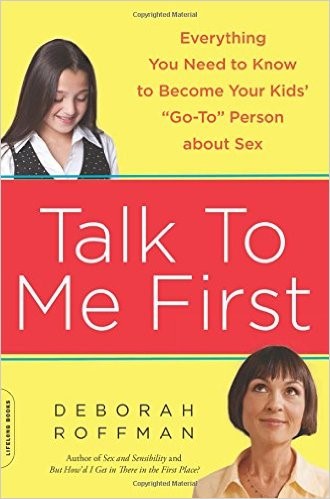Dealing With Rejection: What's the Best Way?
This video states that every risk comes with a chance of rejection and emphasizes that while rejection can hurt, it’s a normal part of life. It highlights the best ways to deal with rejection, including accepting the decision of the person who rejects you, focusing on you instead of blaming yourself, taking a breath and talking to someone if you’re feeling angry or sad, thinking about your great qualities, and hanging out with friends. [AMZ-038]
Youth
Experiencing rejection is a normal part of life. Whether it is not getting the part in a play that you really wanted or having your partner break up with you, it happens to everyone. What is most important is how you deal with it. It can feel really crummy to be rejected. What can you do when you feel hurt or angry about rejection? Even though you’re upset, respect the other person’s decision. You can also focus on yourself, talk with someone you trust about how you are feeling and do something fun to get your mind off things. And remember to keep being yourself. Just because one thing didn’t work out like you planned, doesn’t mean you can’t take chances on other things in the future!
FAQs
Of course not! Rejection is a normal part of life, and just because you sometimes experience rejection doesn’t mean that you will always experience rejection. It is healthy to try new things and take chances.
Even though rejection can be hurtful, it’s important to remember that there is nothing wrong with you. So don’t think that you need to change any aspect of your looks, personality or values. You are perfect just the way you are!
Trying to convince them to change their mind is unlikely to work. It is important to accept the decision of the person who has rejected you. They have the right to decide what is best for them, just like you have the right to decide what is best for you. In fact, at some point in your life, you will likely find yourself in a position where you may have to reject someone. You should consider how that person would feel and how you would want them to respond to you.
Parents
Rejection is a normal part of life for people of all ages, and dealing with rejection in a positive way is something we all have to learn. People experience rejection in many different areas of life, including relationships, school, extracurricular activities, work, etc. During puberty and adolescent development the feelings young people experience related to rejection can feel overwhelming and upsetting. Here’s how adults can help:
- Make sure young people understand that rejection is going to happen.
- Discuss healthy ways to deal with it.
- Be clear that rejection doesn’t mean there is anything wrong with them or that they shouldn’t take chances in the future.
- Encourage them to focus on healthy and positive ways to deal with rejection.
Learning to accept and respect people’s decisions is a skill that you can help young people learn. Encourage young people to focus on themselves and the positive qualities they possess. You can also suggest that they talk with people they trust about how they are feeling and make time for fun to get their mind off things. Adults can act as guides and be a support system when young people experience rejection.
CONVERSATION STARTERS
As your child grows up and begins to experience rejection, having open and honest conversations about the topic can help them get through some of the negative feelings associated with it.
Here are some ways to start these conversations:
If you are watching a show or movie and a character has not made a sports team or gets turned down by someone they like, you can ask your child how they might deal with the situation if it happened to them. Remind them that rejection is a part of life and provide some healthy tips on dealing with it.
Talk with your child about what happened. Ask your child about how their friend reacted and is dealing with the situation. Remind them that rejection is normal and a part of life. Talk with them about some positive ways that people can deal with rejection.
Educators
Rejection is a normal part of life for people of all ages, and dealing with rejection in a positive way is something we all have to learn. People experience rejection in many different areas of life, including relationships, school, extracurricular activities, work, etc. During puberty and adolescent development the feelings young people experience related to rejection can feel overwhelming and upsetting. Here’s how adults can help:
- Make sure young people understand that rejection is going to happen.
- Discuss healthy ways to deal with it.
- Be clear that rejection doesn’t mean there is anything wrong with them or that they shouldn’t take chances in the future.
- Encourage them to focus on healthy and positive ways to deal with rejection.
Learning to accept and respect people’s decisions is a skill that you can help young people learn. Encourage young people to focus on themselves and the positive qualities they possess. You can also suggest that they talk with people they trust about how they are feeling and make time for fun to get their mind off things. Adults can act as guides and be a support system when young people experience rejection.
International Technical Guidance on Sexuality Education
Discussion Questions
- What are some positive ways to deal with rejection?
- What are some ways to deal with rejection that you should avoid?
- Why do you think learning about positive ways to deal with rejection is important?




